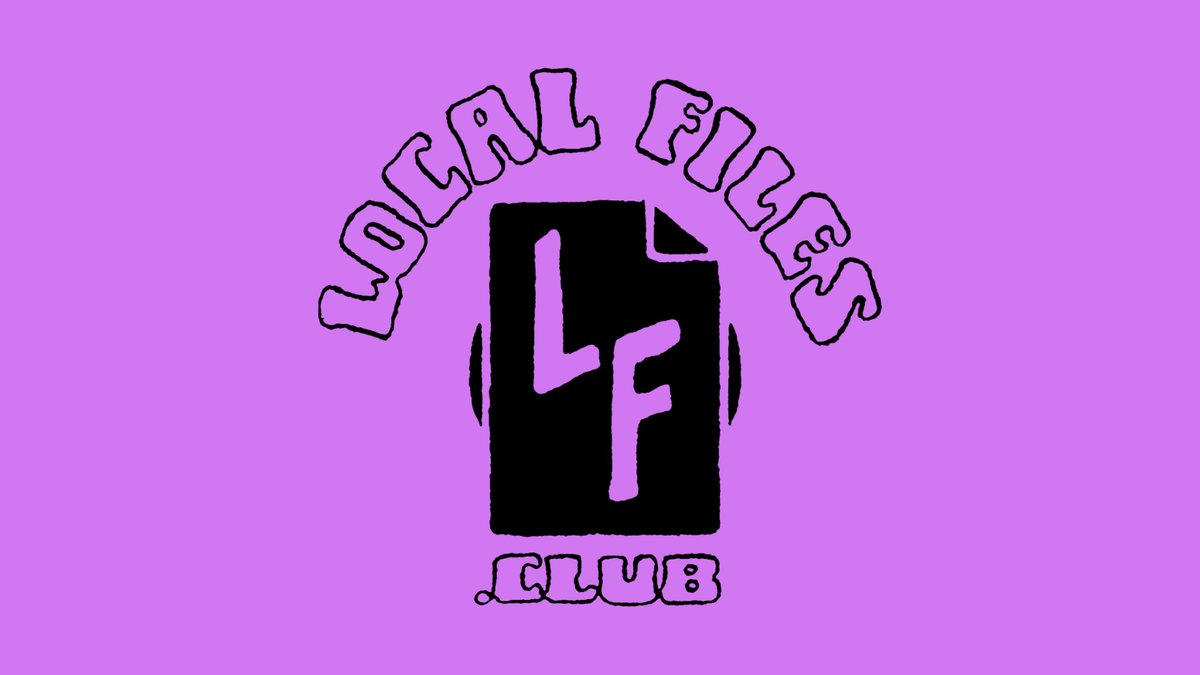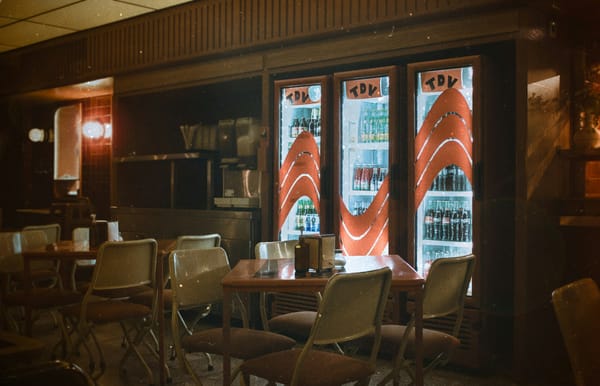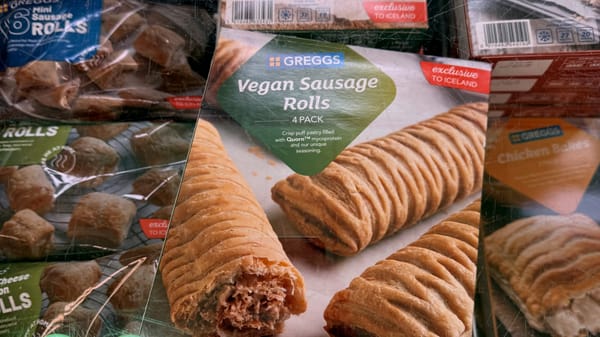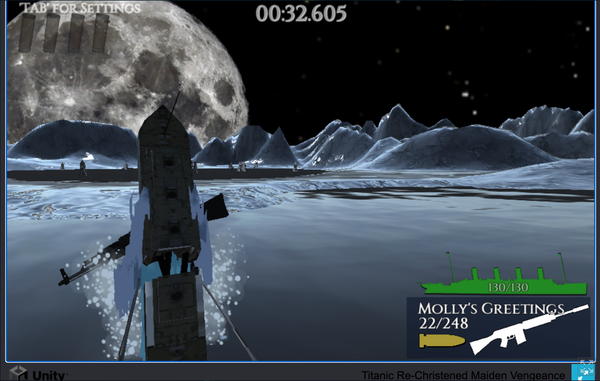Introducing Local Files Club
A digital label for audio fiction

How does a fiction podcast make money?
Over the years, I’ve worked on shows with a wide range of monetization models, relying on everything from advertising, venture capital, membership programs, live shows, merchandise, arts grants, personal wealth, the generous free time of collaborators, and, most often, a mix of some or all of these. In almost every case, with the notable exception of an Audible Original, these shows have been available for free.
Some shows—especially the always-on or multi-season series—are able to make this patchwork of funding sustainable. But there are a wide range of shows and producers left behind by the available options. Podcast advertising, for example, is geared towards constantly updating, high-volume shows producing, at minimum, fifty episodes per year. Most fiction shows don’t make fifty episodes ever, let alone in one calendar year.
Many independent fiction producers have turned to crowdfunding and ongoing Patreon membership programs. This can be a great monetization option for ongoing series or seasonal shows, or for new shows from established producers, but it can be difficult for limited series or producers without an audience to lean on.
Generating revenue through memberships, merch, or live shows can be lucrative, but they also create additional operational and marketing burdens that can distract from your show. I’ve also talked to producers who, because they’re not producing work on a regular schedule, find membership programs emotionally taxing—it can sometimes feel like taking money for nothing if you’re not actively releasing something, let alone providing behind-the-scenes material.
And if you want to make a short, self-contained fiction piece—or maybe something a bit experimental that doesn’t fit into a traditional podcast format—there are very few avenues for making money or building a long-term audience. It’s unfortunate, because those are the types of shows I really want to listen to.
I’ve been thinking about this ecosystem for years now. I started my career back at Night Vale Presents, and have since gone on to produce a number of both independent and corporate fiction podcasts. No matter the size of the budget, they all run into these same types of problems. The monetization engine for podcasts is not built for audio fiction.
That’s why I think audio fiction needs an alternative model, something that aligns it more with other types of fiction and not Travis Kelce’s chat show. I pay for books before I’ve read them, audiobooks before I’ve listened to them. I buy movie tickets based on a trailer, a theatre ticket based on a review. I’ve paid for audiodramas, too! Shows like Mulgrave Audio’s Fellfoul, Jeff Van Dreason’s The Perfect Sentence, and Dead Signal’s Generation Crossing. These short and experimental works are exactly the types of audio fiction that would struggle to find a place in the podcast landscape, and I’m glad that I had the chance to give their producers money to support their existence.
Maybe this is a hot take, but I think it’s worth paying for art and entertainment upfront, and that this payment model has a valid place in the audio fiction ecosystem alongside ad- and membership-supported shows.
That’s why I’m launching Local Files Club to help facilitate and promote this alternative distribution model. Local Files Club publishes short-form and experimental audio fiction, ranging the gamut from traditional audiodramas to monologue-filled concept albums to soundscape mash-ups and more. In short: if it’s audio that uses dramatic devices to tell a story in under 90 minutes, consider me interested.
These aren’t podcasts—Local Files Club shows are available for one-time purchase. You buy a show and those DRM-free files are yours, forever, to enjoy however you wish. The shows also come with bonus materials, like full soundtracks, commentary tracks, and concept art—like DVD extras of old. And of course, they’re all ad free.
The first release is available for pre-order now. Ms. Shipton’s Travelling Tea Shop is a five-part audiodrama from Skadi’s Symphony (Kane and Feels) about a tea witch who breaks downs in the small village of Talford, in the English countryside. As she waits for her van to be repaired, Ms. Shipton sets up shop and meets the locals—a farmer, a publican, and a priest—exploring themes of loneliness, companionship, and queerness through five vignettes.
Along with the five episodes, Ms. Shipton is presented along with a bonus poem, five commentary episodes from the creators and stars, the soundtrack by Oliver Morris, and original art by Rosie Shooter and Stardust Mansion.
It’s a lovely, cozy listen for an autumn day, and I hope you’ll give the first episode a try. Listen to a sample and pre-order over on Bandcamp.
And if you want to follow along to get updated on future Local Files Club shows, there’s a newsletter, of course—sign up at localfiles.club (I love a novelty URL). You can also find us on Instagram, Bluesky, and Tumblr.




